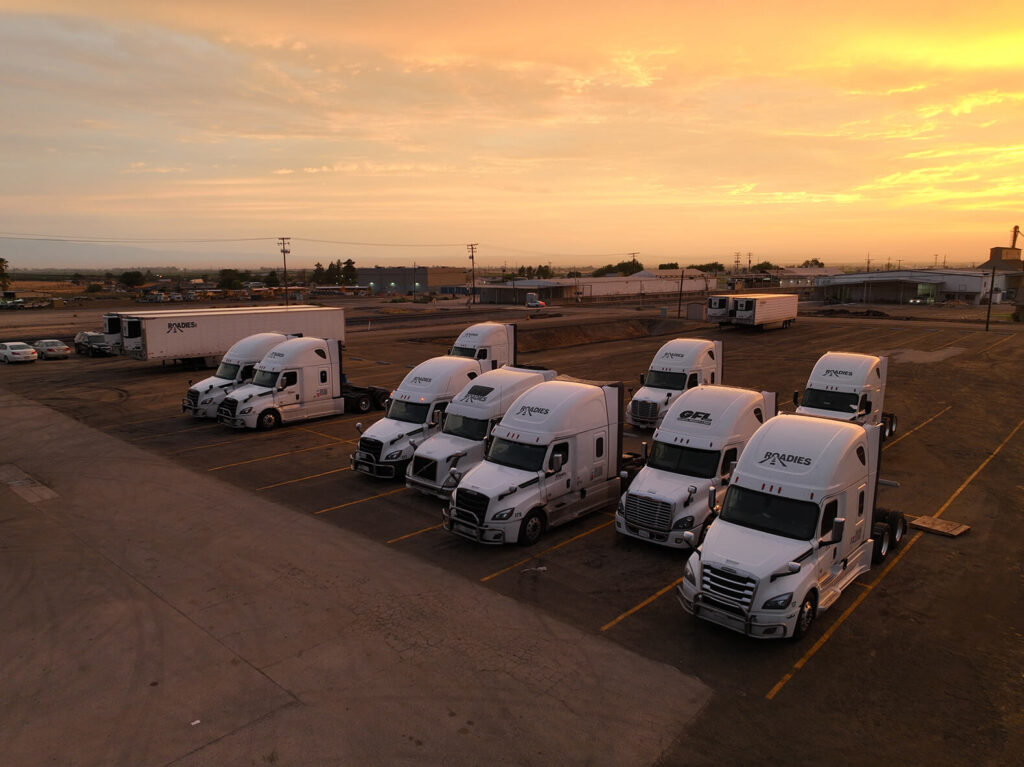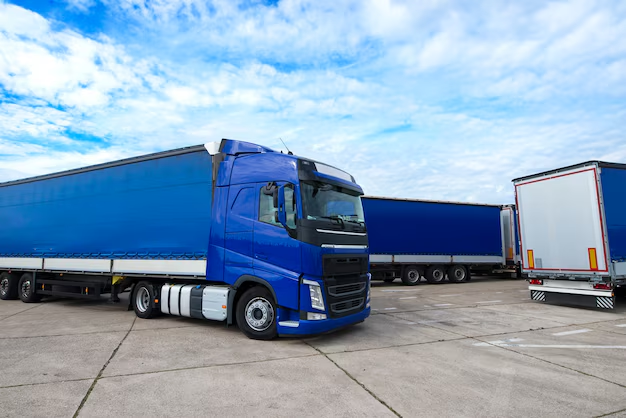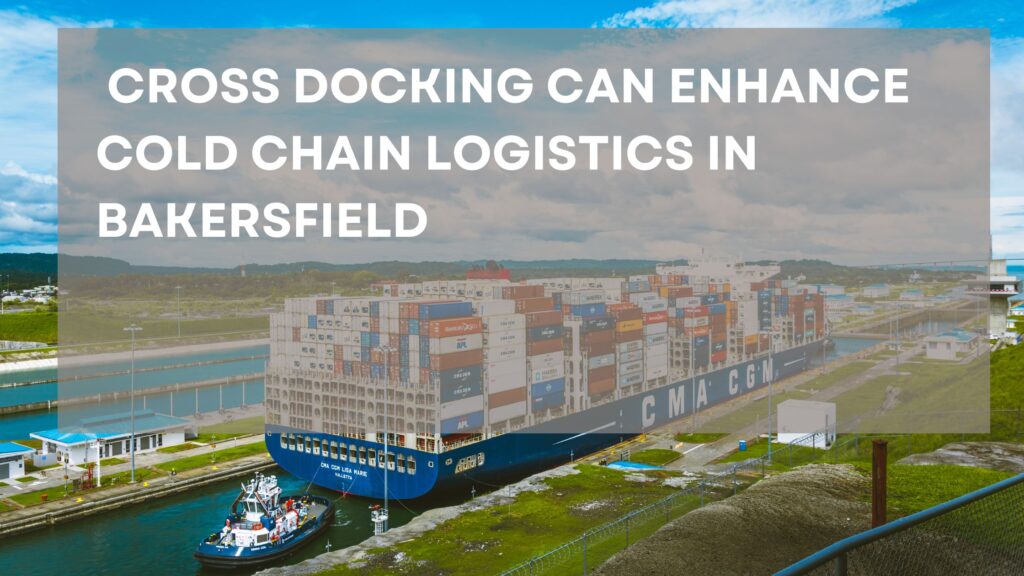How Technology Is Helping Trucking Companies Work Smarter, Not Harder

Trucking is the lifeline of the American economy. Every single day, millions of goods—everything from groceries, medicine, and clothing to furniture, electronics, and raw materials—are transported across the country by truck. Without trucking, store shelves would go empty, factories would stop running, and people wouldn’t receive their online orders on time. It’s no exaggeration to […]
How Shipping Companies Can Boost Success with Technology

Shipping is a complex and demanding business. It requires managing a large number of moving parts—from maintaining fleets of trucks and coordinating delivery schedules to tracking shipments in real-time, handling tons of paperwork, and keeping clear, constant communication with customers. All this must be done while navigating tight deadlines, fluctuating fuel prices, regulatory compliance, and […]
Why Smart Packaging and Labeling Are Important to Shipping Services

In today’s fast-paced and highly competitive marketplace, shipping services play a crucial role in how businesses connect with their customers. Whether you’re a small artisan sending out handcrafted goods or a large company distributing thousands of products nationwide, the way you package and label your shipments can dramatically affect your success. It’s not just about […]
How AI Is Transforming the Future of International Shipping

International shipping is the heartbeat of global trade. Every day, thousands of cargo ships, planes, and trucks move goods across countries and continents. From raw materials and machinery to electronics and clothing — international shipping connects businesses and customers all around the world. But it’s not without challenges. The shipping industry often struggles with delays, high costs, […]
The Future of Autonomous Trucks in the Transportation Industry

Are you ready for the transportation sector revolution? Autonomous vehicles are coming and will revolutionize freight transport. These future cars promise efficiency and creativity like none before, from navigating crowded highways to improving road safety. Join us as we examine how autonomous trucks are changing our world and what’s next in this exciting future of Trucking […]
The Impact of Technology on Logistics Efficiency

Technology has transformed the way freight is moved across the country. This is particularly important in such high-volume markets as California, where port congestion and tight delivery windows make visibility in real time a must. Digital platforms have transformed trucking, brokerage, and freight operations that were once manual sync and analog methods of operation. From live monitoring […]
Smarter Trucking: The Role of AI in Freight Transportation

In today’s fast-moving world, the freight industry is navigating a wave of change. With the explosive growth of e-commerce, rising fuel costs, driver shortages, and customer expectations for same-day or next-day delivery, the pressure on logistics providers has never been greater. Businesses are constantly looking for ways to reduce expenses, improve speed, and deliver more […]
How Cross Docking Can Enhance Cold Chain Logistics in Bakersfield?

Logistics is indeed one of the competitive markets where it all depends on how you satisfy your customers. Among all top strategies that you implement today to improve your bottom line, cross docking may be the most powerful logistics strategy. Cross docking is an efficient process that allows you to move or shop products directly […]
Sustainable Freight Practices in Bakersfield: Going Green in Shipping!

The global logistics sector is the backbone of the modern interconnected world. It is the most important sector responsible for delivery of products from manufacturers to end-users. However, it goes needless to say that this important network has some impact on our environment. With traditional transportation methods and approaches, we’ve been contributing to global depletion […]
How to Choose the Right Trailer for Your Shipping Needs?

In today’s business landscape, trailers have evolved from mere transport vehicles to integral components for modern businesses aiming to enhance mobility, streamline logistics, and improve overall efficiency. Trailers simplify transportation for businesses dealing with large volumes of goods by road. Using a trailer provides a competitive edge, creating additional space for the secure and stable […]

